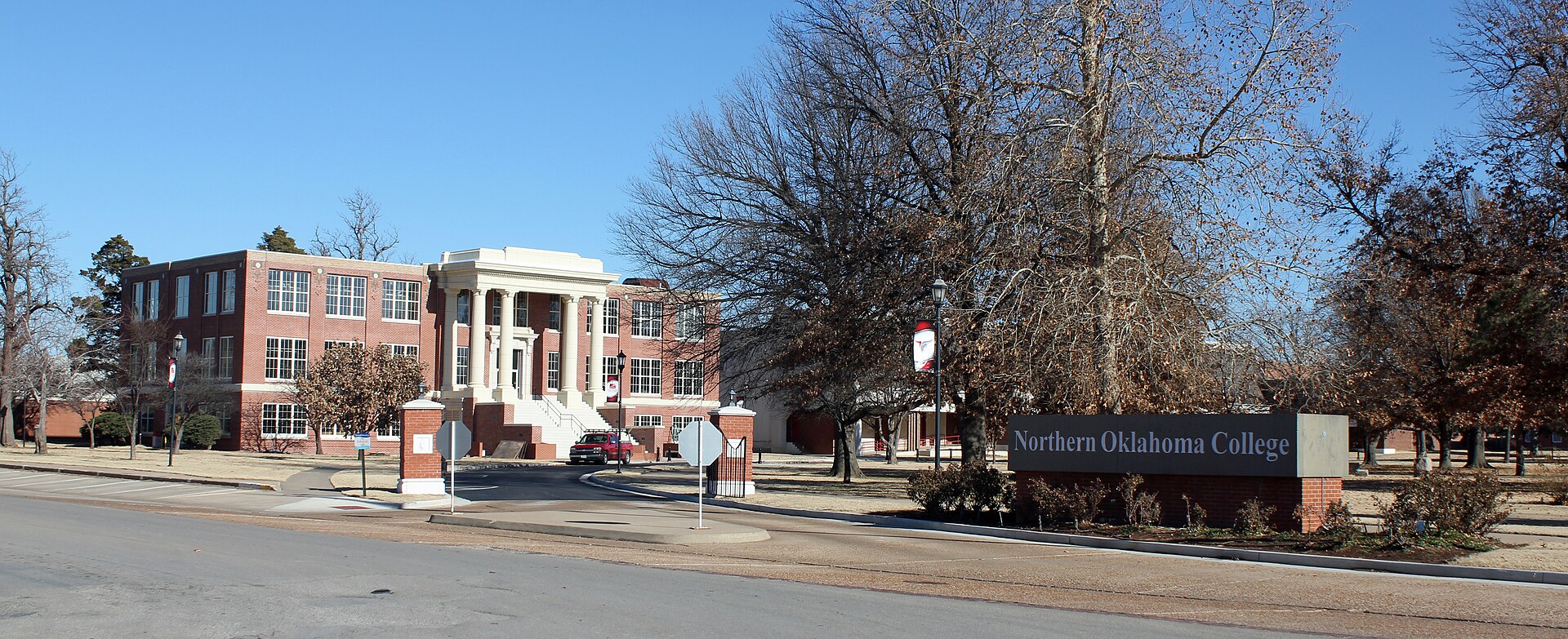OSU, NOC Researchers Awarded NSF Funds to Study Rural Resilience
Ponca City Now - August 8, 2023 11:19 am

Oklahoma State University, Stillwater.
The U.S. National Science Foundation has invested $56 million in 11 projects, spanning a total of 21 institutions in 19 jurisdictions, through NSF’s Established Program to Stimulate Competitive Research (EPSCoR) including Oklahoma State University and Northern Oklahoma College.
This investment is a component of NSF’s ongoing effort to build research and development capacity and education in states that demonstrate a commitment to research but have not received the levels of investment seen in other parts of the country.
OSU and NOC are part of the Rural Confluence: Communities and Academic Partners Uniting to Drive Discovery and Build Capacity for Climate Resilience, including Oklahoma State University, Louisiana State University, and University of Nebraska-Lincoln. This project will engage rural communities to create shared frameworks for climate resilience; project climate change impacts and community resilience scenarios; and expand social, economic and STEM workforce opportunities for persons from underrepresented backgrounds. This project includes partnerships across Oklahoma, Louisiana, and Nebraska.
“We are excited to launch this new project called Rural Confluence, which is designed to bring together people and ideas from diverse but connected communities, disciplines, and institutions within the Mississippi River basin to advance the science of rural resilience and to reduce climate-related vulnerabilities in rural communities,” said Tyson Ochsner, Professor, Plant and Soil Sciences, Oklahoma State University.
Dr. Frankie Wood-Black, NOC Division Chair for Engineering, Physical Science, and Process Technology and principled investigator, indicated that “this project not only focuses on our local areas but helps provide students with the ability to experience research in a multi-disciplined, multi-institutional environment.”
“As evident from EPSCoR’s impact, investing in research infrastructure is a powerful catalyst for strengthening our nation’s security, competitiveness, and fostering groundbreaking scientific advancements,” said NSF Director Sethuraman Panchanathan. “I’m thrilled to announce this year’s EPSCoR Track-2 awards, which will strengthen community and regional efforts to understand the impacts of a changing climate and enhance the resilience of disproportionately affected communities. By addressing these critical challenges, and engaging with communities impacted by climate change, we have the potential to advance innovation and promote economic stability and recovery in EPSCoR jurisdictions and beyond.”
This year’s projects focus on building collaborative teams of investigators in scientific focus areas consistent with NSF and national priorities. The five-year Research Infrastructure Improvement Track -2 awardees will undertake ambitious interdisciplinary research with a primary focus on enhancing climate change research and resilience capacity to create more opportunities for communities facing disproportionate impacts.
Northern Oklahoma College, Tonkawa
Northern Oklahoma College, the state’s first public two-year community college, is a multi-campus, land-grant institution that provides high quality, accessible, and affordable educational opportunities and services.
NOC serves nearly 4,000 students through the home campus in Tonkawa, branch in Enid, and NOC/OSU Gateway Program in Stillwater. Of these students about 80% receive financial aid and/or scholarships. 75% of NOC students complete their degree with zero debt.
The college is accredited by the Higher Learning Commission and offers associate degrees in three general areas: Arts, Science and Applied Science; the Accreditation Council for Business Schools and Programs; and the Accreditation Commission for Education and Nursing.
For more information about Northern Oklahoma College please call (580) 628-6208 or visit the NOC website at www.noc.edu.




